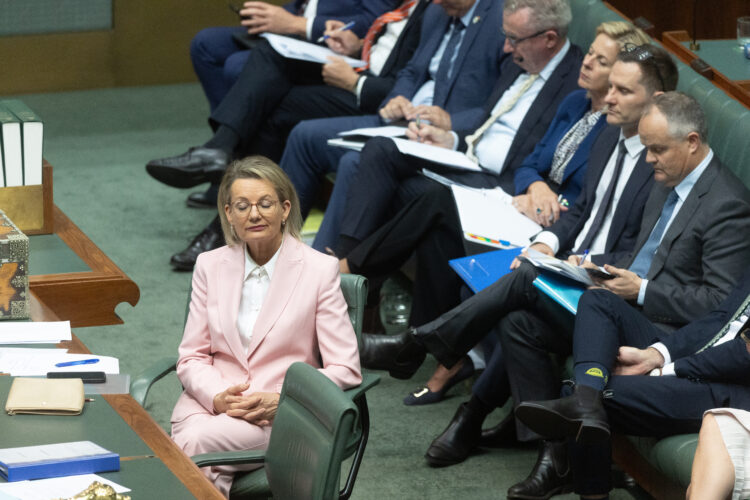Australia Last: Australia’s Resources Minister puts Japan ahead of Australians on gas and electricity prices.
Despite our enormous energy reserves, Australians households are paying higher prices for electricity than Japanese consumers according to new analysis released by the Australia Institute; Australia Last: The failure of Australian gas policy – The Australia Institute.
“While it’s hard to believe our governments could have messed things up this badly, the fact is people living in the countries we export our gas to are getting cheaper electricity than we are,” said Dr Richard Denniss, co-CEO of the Australia Institute.
“For example, Australian consumers are already paying higher prices for electricity than households in Japan. Indeed, if the average Australian household could access the same electricity prices available in Tokyo, then they could save close to $550 a year.
But rather enquire into who caused this debacle and commit to fixing it, the Australian Minister for Resources, Madeleine King is actually reassuring the Japanese that she is determined to keep things the way they are. In 2024 she declared:
“LNG produced off the coast of Western Australia and shipped to … [Japan, China, South Korea and India] … ensures they can power their cities; their homes and their industry.”
“So, while Australians are warned of a ‘shortage of gas’ and told that we have no choice but to convert our farmlands into industrial fracking gas fields, the Minister for Australian resources is reassuring foreign countries that we have boundless gas to share, said Dr Denniss.”
“Australians are the victims of the most outrageous doublespeak when it comes to gas. In the last 10 years the wholesale price of gas has tripled, our electricity prices have surged and whole industries have been warned of gas shortages unless new gas projects are approved. And at the same time the Minister who is supposed to be managing our natural resources on our behalf is bragging to our export customers about how much gas we are giving them,” said Dr Denniss
In the same speech Minister King declared:
“Australia is Japan’s single largest provider of energy. It is estimated our LNG and coal exports support around eight hours of power generation a day in Japan.
So that means that we, a country with a population of 25 million, provides vast energy resources for a country of 125 million people. Those figures of themselves demonstrate the responsibility Australia has to ensure that this energy security is maintained, not only for Japan, but for our other important regional neighbours.”
“Australia doesn’t have a shortage of gas. It has a shortage of Ministers that are brave enough to put Australia first. It’s time Australia stopped approving more gas exports until Australians had cheap energy and Australia and our exports customers were on track to meet their climate commitments,” said Dr Denniss

